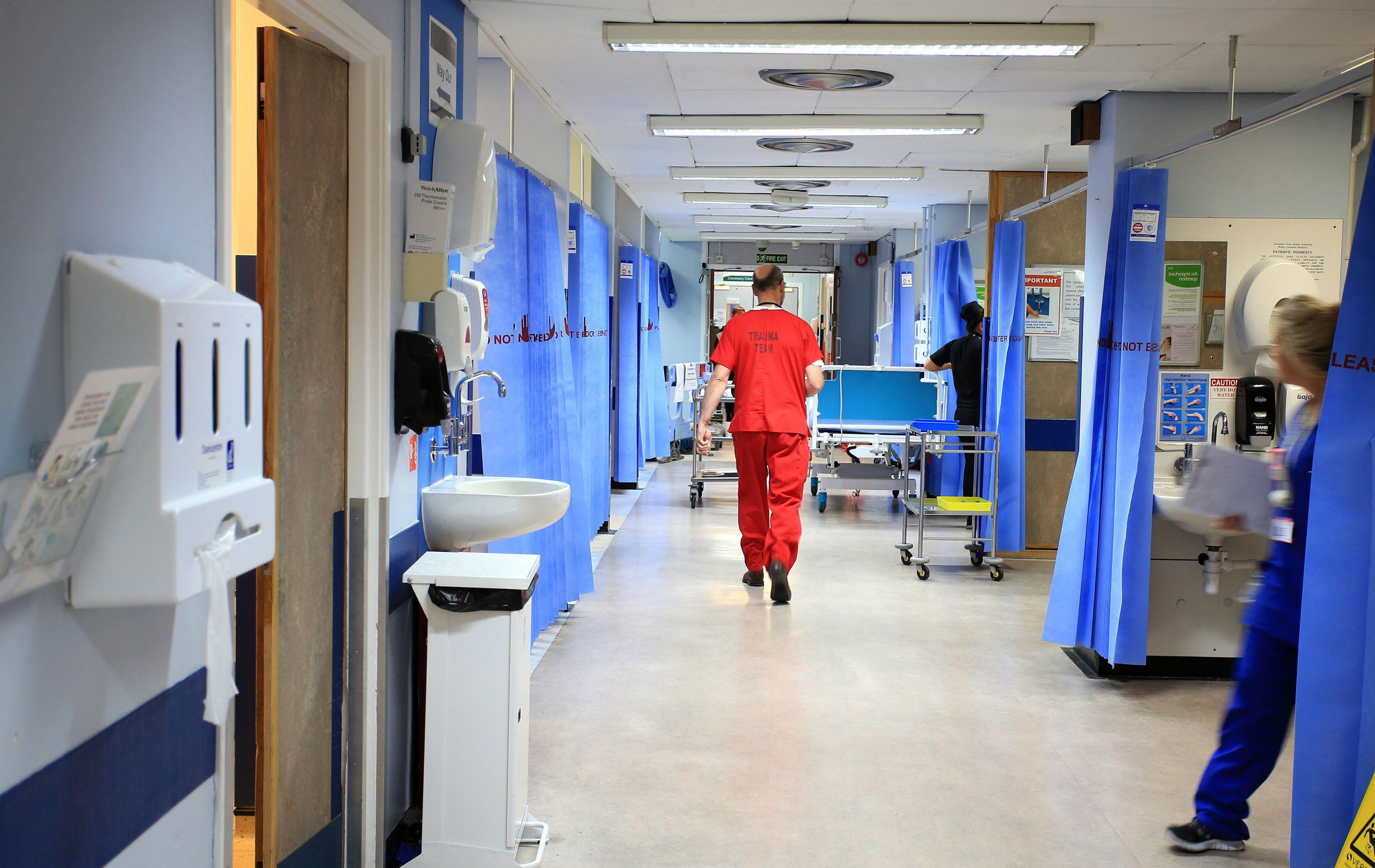Monkeypox: Patient in UK diagnosed with rare virus
Rare viral infection does not spread easily between people, experts say

Your support helps us to tell the story
From reproductive rights to climate change to Big Tech, The Independent is on the ground when the story is developing. Whether it's investigating the financials of Elon Musk's pro-Trump PAC or producing our latest documentary, 'The A Word', which shines a light on the American women fighting for reproductive rights, we know how important it is to parse out the facts from the messaging.
At such a critical moment in US history, we need reporters on the ground. Your donation allows us to keep sending journalists to speak to both sides of the story.
The Independent is trusted by Americans across the entire political spectrum. And unlike many other quality news outlets, we choose not to lock Americans out of our reporting and analysis with paywalls. We believe quality journalism should be available to everyone, paid for by those who can afford it.
Your support makes all the difference.A person in England has been diagnosed with the rare viral infection monkeypox, the UK Health Security Agency (UKHSA) has said.
The patient had recently travelled from Nigeria, which is where they are believed to have contracted the infection, before arriving to the UK.
The person is receiving care at the infectious disease unit at Guy’s and St Thomas’ in London.
Monkeypox does not spread easily between people but can be passed on when someone is in close contact with an infected person.
According to the UKHSA, there is a very low risk of transmission to the general population.
Experts are currently working closely with the NHS, it said, adding it will be contacting people who may have been in close contact with the individual to provide information and health advice.
A number of passengers who travelled in close proximity to the patient on the same flight to the UK will also be contacted, the health agency said.
Although people without symptoms are not considered infectious, as a precaution those who have been close to the infected person are being contacted to ensure that if they do become unwell they can be treated quickly, the UKHSA added.
Dr Colin Brown, director of clinical and emerging infections at the UKHSA, said: “It is important to emphasise that monkeypox does not spread easily between people and the overall risk to the general public is very low.
“We are working with NHS England and NHS Improvement (NHSE) to contact the individuals who have had close contact with the case prior to confirmation of their infection, to assess them as necessary and provide advice.
“UKHSA and the NHS have well established and robust infection control procedures for dealing with cases of imported infectious disease and these will be strictly followed.”
Dr Nicholas Price, director of NHSE high consequence infection diseases (airborne) network and consultant in infectious diseases at Guy’s and St Thomas’, said: “The patient is being treated in our specialist isolation unit at St Thomas’ Hospital by expert clinical staff with strict infection prevention procedures.
“This is a good example of the way that the High Consequence Infectious Diseases national network and UKHSA work closely together in responding swiftly and effectively to these sporadic cases.”
Initial symptoms of monkeypox include:
- Fever
- Headache
- Muscle aches
- Backache
- Swollen lymph nodes
- Chills
- Exhaustion
Other symptoms include rashes, which can develop, often beginning on the face, then spreading to other parts of the body. The rash changes and goes through different stages before finally forming a scab, which later falls off.
According to the World Health Organisation (WHO), monkeypox is a viral zoonosis – a virus transmitted to humans from animals – with symptoms similar to those seen in the past in smallpox patients.
Since 1970, human cases of monkeypox have been reported from 11 African countries: Benin, Cameroon, the Central African Republic, the Democratic Republic of the Congo, Gabon, Ivory Coast, Liberia, Nigeria, the Republic of the Congo, Sierra Leone, and South Sudan.
In 2017 Nigeria experienced the largest documented outbreak, 40 years after the last confirmed case. The true burden of monkeypox is not known.
Join our commenting forum
Join thought-provoking conversations, follow other Independent readers and see their replies
Comments